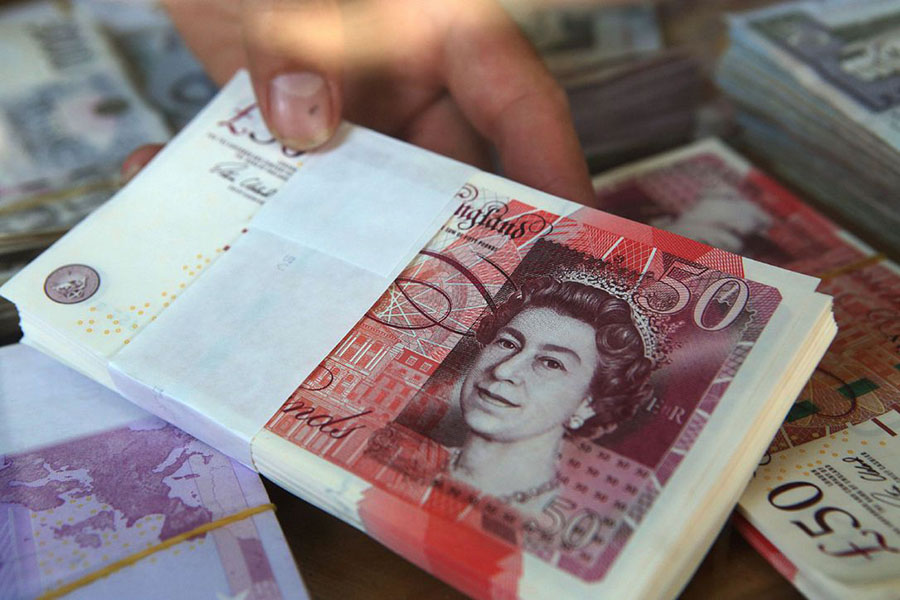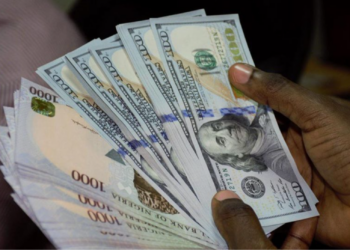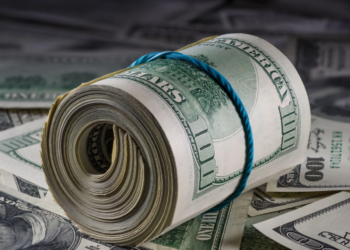The pound has fallen to a record low against the dollar as markets react to the UK’s biggest tax cuts in 50 years.
The economic worries were not limited to currencies, as investors are concerned that rising interest rates would stifle growth and harm the stock market.
The pound fell nearly 5% at one point to $1.0327, its lowest level since Britain went decimal in 1971. After falling, the currency recovered to $1.07 at the time of writing this article.
What you should know
UK Chancellor, Kwasi Kwarteng has unveiled the biggest package of tax cuts in 50 years, as he hailed a “new era” for the UK economy, media reports said.
Income tax and stamp duty on home purchases will be cut, while planned rises in business taxes have been scrapped, BBC reported.
He also unveiled a cut to the top rate of income tax from 45% to 40%, meaning the UK will have a single higher rate from April, BBC reported.
There is going concerns that the tax cuts and a surge in government borrowing will stoke high inflation and force the Bank of England to raise interest rates even further. This would raise monthly mortgage costs for millions of homeowners.
Last week, the Bank raised interest rates by half a percentage point to 2.25% to try to calm inflation, which is at a 40-year high of 9.9%. The rate increase was the seventh in a row and took rates to the highest for 14 years.
However, the Bank of England is expected to raise interest rates again to combat the inflationary impact of the mini-budget, as a weakening pound drives up costs of imports.
If the pound remains at this low level against the dollar, imports of dollar-priced goods, such as oil and gas, will become more expensive. Other US goods may also be significantly more expensive, and British tourists visiting America may find that their vacation money may not stretch as far as it did before sterling’s fall.
Nonetheless, the pound hasn’t lost ground against emerging countries like as Nigeria; at the time of writing, the NGN/GBP was trading on the black market for roughly N860.



















